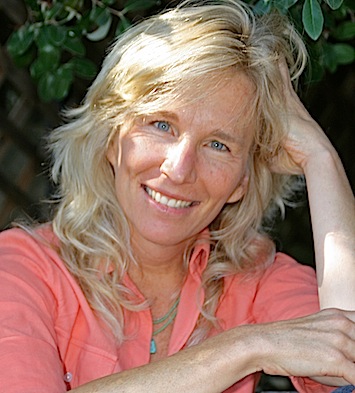Guest Instructors
< Back to staff
In addition to OAEC Staff, our courses
are taught by the following skilled practitioners:
Daniel Parra Hensel
Permaculture Design Course Instructor – Design Mentor
Daniel Parra Hensel is a full-time permaculture educator, consultant and designer. In 2015 Daniel joined the Environmental Horticulture department as an adjunct faculty member at Santa Barbara City College where he teaches two permaculture design courses. Daniels’ work is focused on teaching political agroecology which explores the political, economic and ecological challenges in our food system and society. Daniel has a passion for place based pedagogy with a teaching philosophy focused on disability justice, thoughtful communication and conversation, and practical application of concepts taught in his courses. His focus lies in ecological justice and aims to co-create mutually beneficial alternatives, strategies and solutions to local challenges that fall at the intersection of ecological degradation and social inequity.
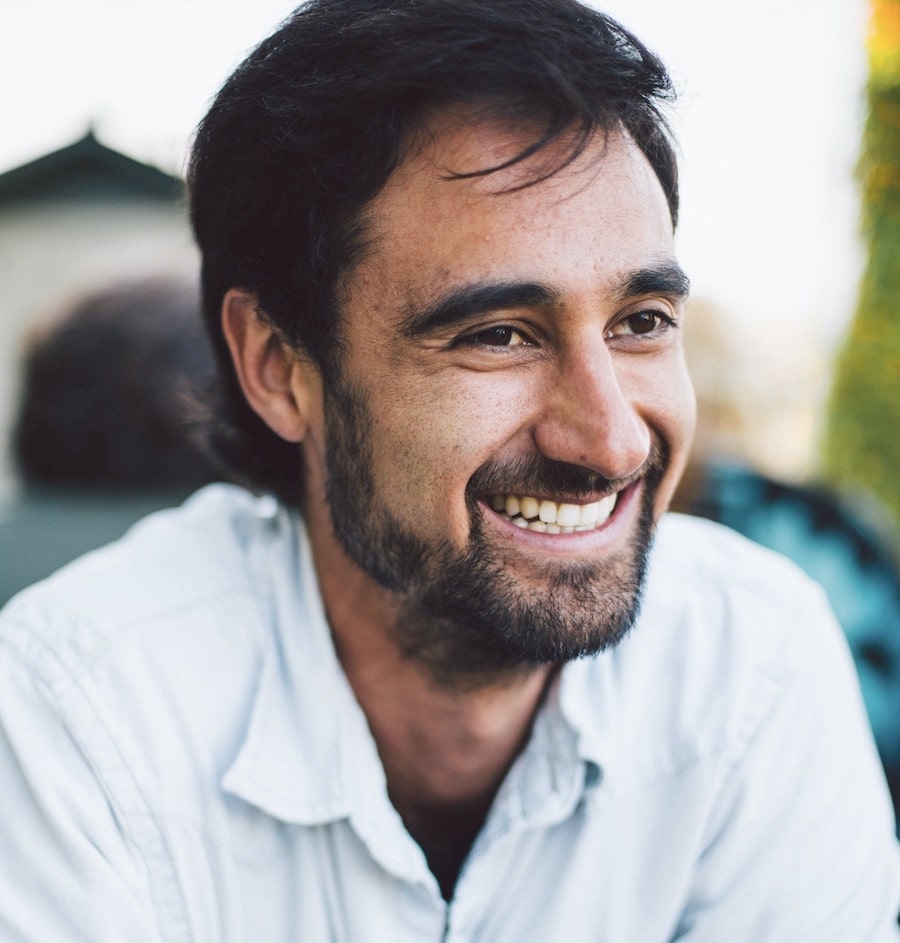
Sara Wuerstle
Permaculture Design Course Instructor – Design Mentor
With over two decades of experience working in land stewardship, agriculture and design, Sara has developed a highly integrated understanding of regenerative systems and sustainable development at any scale. More than 50 of her whole system designs have been implemented and continue to be successfully managed. She utilized the whole systems design approach to grow a design and installation business two-fold in less than 5 years in the highly competitive California Bay Area. While there, she was able to not only design but direct the implementation process of the designs to ensure accuracy and effective monitoring for long-term success. Her innovative designs have out performed conventional approaches and act as models for the validity and value of Whole Systems Design by combining Permaculture and Holistic Management. To gain this design acuity, she spent many years studying and working internationally with leading practitioners in the field as well as farmers and growers, while teaching and supporting more than 2 dozen Permaculture Design Certification courses as well as Advanced Permaculture Design Certification courses and related trainings worldwide.
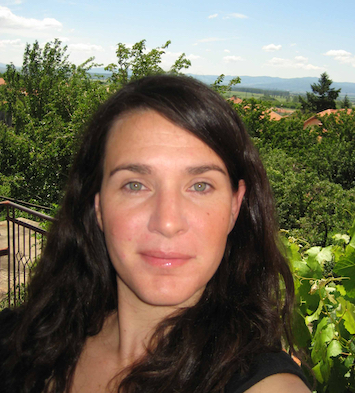
Leslie Geathers
Permaculture Design Course Instructor – Design Mentor
Leslie Geathers brings more than 20 years of multi-faceted experience in architecture, including work on projects ranging from commercial retail to single-family residential and multi-family affordable housing, with a specialty in designing environmentally focused children’s centers. She has maintained her keen interest and commitment to socially and environmentally responsible methods and systems as they apply to our built environment. She has attended The San Francisco Institute of Architecture, University of California Berkeley Extension, and Merritt College to continue her education in such subjects as Permaculture, Urban Ecology, Ecological Architecture, Organic Architecture, and Sustainable Systems. Since 1997 she has served on the advisory board for the Merritt College Environmental Science & Ecological Design Program, and became an Adjunct Professor in 2002. She currently teaches Green Design and Urban Agroecology. In 2006 her role as an Ecological Design instructor expanded to the new Architecture & Community Design Program at the University of San Francisco, where she currently teaches Sustainable Design.
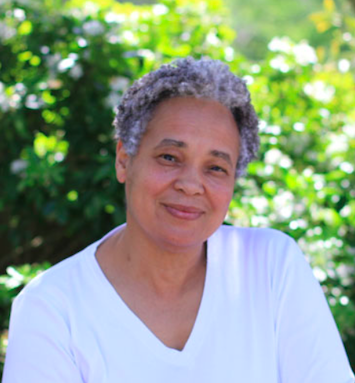
Eunice Neves
Permaculture Design Course Instructor – Design Mentor
Eunice is passionate about the limitless possibilities of ecological design and grassroots cooperation, towards a thriving future for the planet and all beings. Trained in landscape architecture by the University of Oporto, Eunice worked in Portugal and Holland with private gardens, public spaces and urban planning. She left Holland in 2009 to volunteer in an ecological village in Nepal, an experience that changed her perception of the world and her profession, introducing her to permaculture. Since then, she has been fully committed to gaining knowledge and experience in permaculture design. She has taken numerous courses with world experts, developed several design projects, organized and facilitated various trainings and events. She also believes permaculture design is the future of landscape architecture and urban planning and has been trying to take these new ideas to her University. In 2015-2016, Eunice embarked on an independent & crowdfunded research around the world to look at mature permaculture projects. She worked and lived with various Permaculture Pioneers, studying in depth their projects and ways of living. For the past years, she has been creating educational materials to share this knowledge with the wider Permaculture community. Currently, Eunice lives and works in Australia in close contact with her mentors.
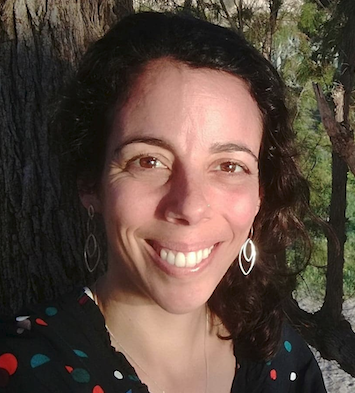
Gopal Dayaneni
Guest Instructor
Gopal (he/him) has been involved in working for social, economic, environmental, and racial justice through organizing & campaigning, teaching, writing, speaking, and direct action since the late 1980s. He is a co-founder of Movement Generation: Justice and Ecology Project, which inspires and engages in transformative action toward the liberation and restoration of land, labor, and culture. MG is rooted in vibrant social movements led by low-income communities and Black, and Indigenous & communities of color committed to a Just Transition away from profit and pollution and toward healthy, resilient, and life-affirming local economies. MG is a founding member of the Climate Justice Alliance. Gopal has served on the staff collective and is now a member of the Planning Committee and Board and continues to work closely with MG on diverse projects. Currently, Gopal teaches Race, Activism and Climate Justice; Asian Americans and Environmental Justice; and South Asians in the United States at San Francisco State University in the Race and Resistance Studies and Asian American Studies Departments. At SF State, Gopal is also on the steering committee for Climate Justice Leadership Initiatives and the Certificate in Climate Change Causes, Impacts, and Solutions. Gopal also teaches Ecological Systems Thinking/Science and Systems Thinking and Social Justice Frameworks for Sustainability in the Masters of Arts in Urban Sustainability program and Climate Justice and Environmental Justice in the undergraduate program at Antioch University in Los Angeles. Gopal also supports movement building through his work with organizations including The Climate Justice Alliance, ETCgroup, NDN Collective, the Center for Story-based Strategy, People’s Solar Energy Fund, Grassroots International, and The Alliance for Food Sovereignty in Africa among others. He was a Fellow with the Center for Economic Democracy from 2019-2022. Gopal is a trainer with the Ruckus Society and The Center for Story-based Strategy and is a member of Asians4Black Lives and Bay Area Palestine Solidarity. Currently, he serves on the boards of Movement Generation, Occidental Arts and Ecology Center, The People’s Solar Energy Fund, ETC Group, and Frontline Catalysts. He has recently served on the boards of The Center for Story-based Strategy and The Working World. He is also on the advisory boards of the Catalyst Project and The Sustainable Economies Law Center. Gopal works at the intersection of ecology, and economy, ending extractivism & empire and creating commons and community. Gopal has been a campaigner for the Silicon Valley Toxics Coalition on human rights and environmental justice in the high-tech industry and the Oil Campaigner for Project Underground, a human and environmental rights organization that supported communities resisting oil and mining exploitation around the world. He has been active in many people-powered direct action movements, including the Global Justice/Anti-Globalization Movement, Direct Action to Stop the War, the Climate Justice movement, Take Back the Land, Occupy, and as an ally with Black Lives Matter and Indigenous Sovereignty struggles. Gopal was an elementary and early childhood educator, working formerly as a teacher and also as the co-director of the Tenderloin Childcare Center, a community-based childcare center supporting children and families forced into homelessness. He has worked in teacher education and education organizing in the US and India. Most importantly, Gopal is the parent of two amazing rabble-rousers. He lives in Huichin/Oakland in an intentional, multi-generational social justice community.
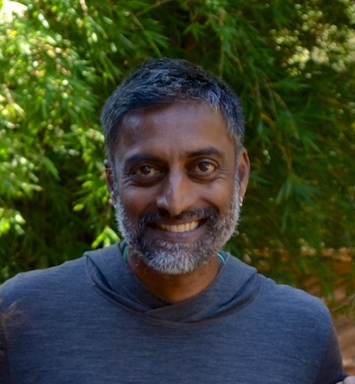
Melissa Nelson
Guest Presenter
Melissa K. Nelson is a Native ecologist, writer, media-maker and indigenous scholar-activist. She is the President/CEO of The Cultural Conservancy, which she had directed since 1993. She is Professor of American Indian Studies at San Francisco State University. Her work is dedicated to indigenous rights and revitalization, biocultural heritage and environmental justice, intercultural solidarity, and the renewal of community health and cultural arts. For over two decades Melissa has worked in the Native American food movement and since 2006 in international indigenous food sovereignty. Melissa is a Switzer Environmental Fellow and has received awards for films, community engagement, and experiential education. She publishes essays in academic and popular journals and books, and documents Native issues through AV recordings. She edited two anthologies, Original Instructions – Indigenous Teachings For A Sustainable Future (2008), andTraditional Ecological Knowledge: Learning from Indigenous Practices for Environmental Sustainability(2018). She has served on the boards of Earth Island Institute, Bioneers, and the Center for Whole Communities. Melissa currently serves on the boards of the Occidental Arts and Ecology Center and the Sogorea Te Land Trust. Anishinaabe, Cree, Métis, and Norwegian, she is a proud member of the Turtle Mountain Band of Chippewa Indians.
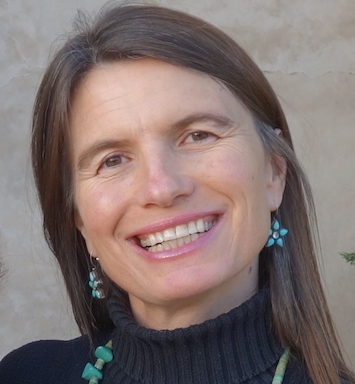
Doria Robinson
Guest Presenter
Doria Robinson is a 3rd generation resident of Richmond, California and the Executive Director of Urban Tilth, a community-based organization rooted in Richmond dedicated to cultivating urban agriculture to help our community build a more sustainable, healthy, and just food system. Urban Tilth hires and trains residents to work with schools, community-based organizations, government agencies, businesses, and individuals to develop the capacity to produce 5% of our own food supply. Formally trained as a Watershed Restoration Ecologist, Doria has also worked on organic farms in Western Massachusetts where she attended Hampshire at Veritable Vegetable a woman owned organic produce distribution company, Real Food Company, and Mixed Nuts Food Co-op. She is passionate about exploring her work from the perspective that physical, social and economic health is dependent upon ecological health; the restoration of one depends on the restoration of the other. Doria is a Certified Permaculture Designer, Certified Bay-Friendly Gardener, a Certified Nutrition Educator, and a Certified Yoga Instructor and the founder of Sanctuary Yoga, Richmond’s 1st and only yoga and meditation center. She was recognized as Environmental Advocate of the Year for Contra Costa County and as Woman of the Year for Contra Costa County in 2010 and in 2011 she was presented with a Community Resiliency Leadership Award from Bay Localize. Doria currently lives in the neighborhood she grew up in in Richmond with her wonderful 14-year old twins.
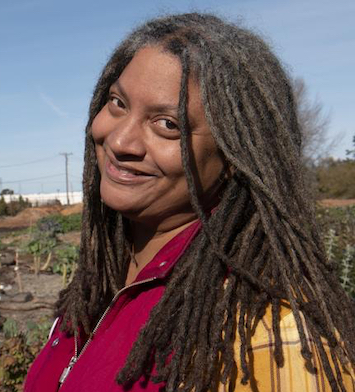
A-dae Briones
Guest Presenter
A-dae Briones (Cochiti/Kiowa) became Director of Programs at the First Nations Development Institute in 2017, after first joining First Nations as Associate Director of Research and Policy for Native Agriculture. She formerly was the Director of Community Development for Pūlama Lāna‘i in Hawaii, and is also the co-founder and former Executive Director of a nonprofit organization in Cochiti Pueblo, New Mexico. A-dae worked for the University of Arkansas School of Law Indigenous Food and Agricultural Initiative while earning her LL.M. degree in Food and Agricultural Law. Her thesis was on the Food Safety Modernization Act as it applied to the federal-tribal relationship. She wrote extensively about food safety, the Produce Safety rule and tribes, and the protection of tribal traditional foods. A U.S. Fulbright Scholar, A-dae received her Bachelor of Arts degree in Public Policy from Princeton University, and received a Law Doctorate from Arizona State University’s College of Law, in addition to her LL.M. degree in Food and Agricultural Law from the University of Arkansas.
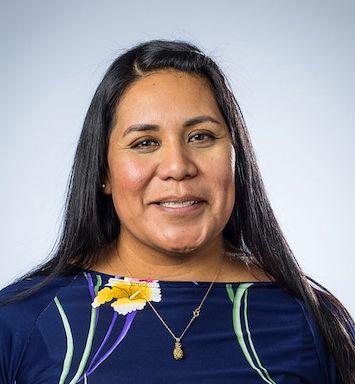
Dave Henson
Guest Presenter
Dave Henson has been the Executive Director of OAEC since it’s founding in 1994, and is a founding member of the Sowing Circle intentional community. At OAEC, Dave’s responsibilities include strategic planning, fundraising, and overall organizational management. Programmatically, he works within sustainable agricultural, environmental and social justice movements to further the cause of regional scale, socially just and ecologically restorative systems of governance and economy. With a background in ecology, sociology and law, Dave has co-founded or worked for many social movement organizations over the past 35 years, and has lectured and led training programs around the U.S. and in over 20 countries.
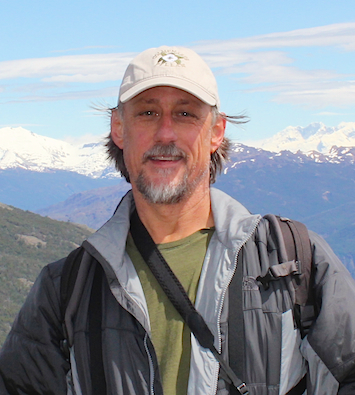
Crystal Huang
Guest Presenter
Crystal is a grassroots community-builder and the leader of People Power Solar Cooperative, with more than 10 years of experience in climate solutions and activism. She served as COO for Powerhouse, a solar incubator, and is the founder of CrossPollinators, which fosters collaboration among grassroots solutions. She is an Associate Producer of “Time to Choose”, a documentary film by Academy Award winning filmmaker Charles Ferguson.
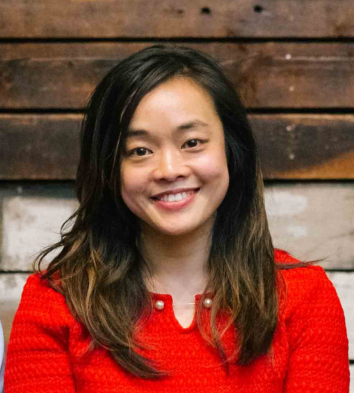
Kerry Brady
Guest Presenter
Kerry Brady, MA, SEP (she/her) is the founder and director of Ecology of Awakening which offers programs that support us in individually and collectively reconnecting with ourselves, each other, the Earth and the creative impulse within each of us. Through weaving together her 30 years of experience in transformational modalities – including transpersonal psychology, Somatic Experiencing trauma work, neurobiology, cosmology, ecology, permaculture and rites of passage work – she works at the interface of personal, intergenerational and collective trauma towards creating bio-cultural resiliency for future generations. Kerry received her master’s degree in Integral Counseling Psychology from the California Institute of Integral Studies (CIIS), where she is also adjunct faculty and has co-taught, for the past 20 years, with evolutionary philosopher Brian Swimme on living in participatory engagement within a living universe. She received her Somatic Experiencing practitioner certification through Somatic Experiencing International where she assists ongoing trainings. Kerry created and teaches Living Resiliency workshops at Occidental Arts and Ecology Center and elsewhere that weave together biologically based trauma work with permaculture principles and practices in order to increase our adaptive capacity as we navigate this extraordinary time of cultural and ecological transformation. Kerry trained in rites of passage work with School of Lost Borders and Animas Valley Institute, where she previously served as faculty. She lives in the traditional territory of the Coast Miwok and Southern Pomo people, in West Sonoma County, California.
